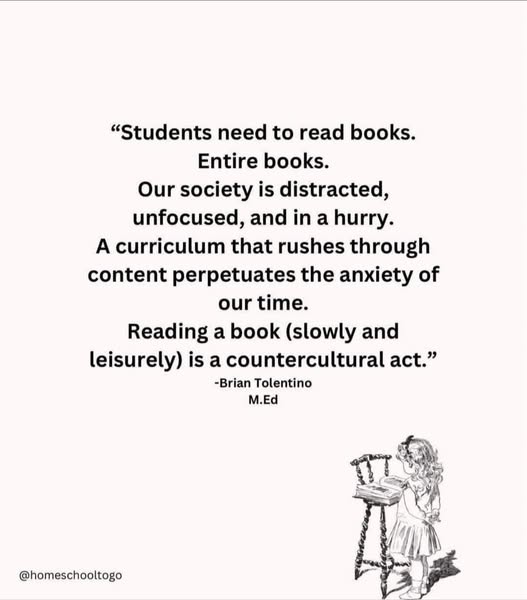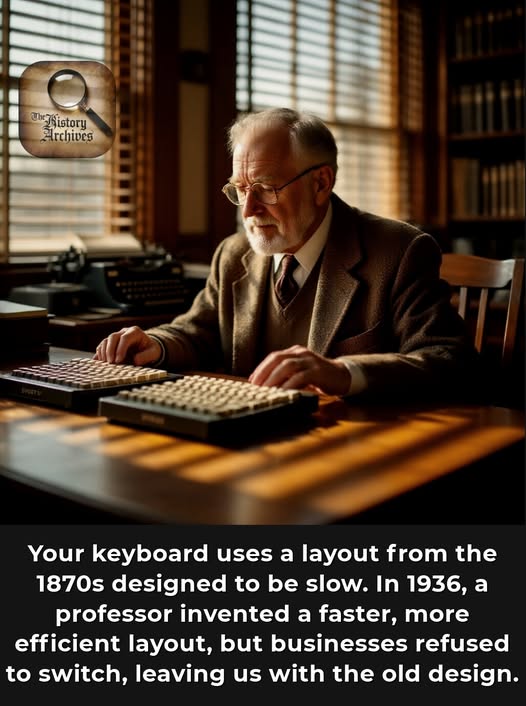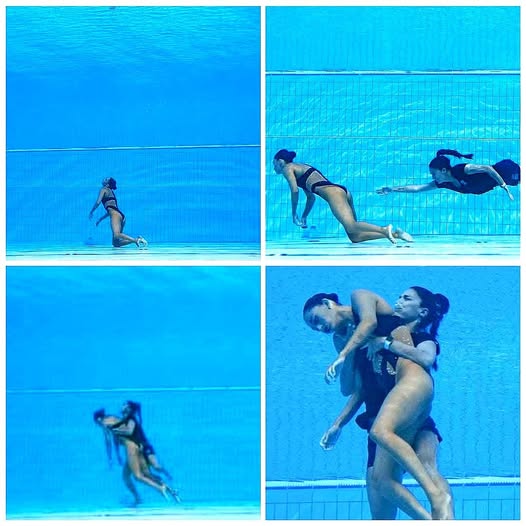“Magic is believing in yourself, if you can do that, you can make anything happen.” – Johann Wolfgang von Goethe, Writer (1749 – 1832)
Students Need To Read Books

Maybe this applies more broadly than to just students… …maybe, just maybe, some of us adults need to participate in counter-cultural activities too.
Change Your IQ – Change Your Life!
Henry David Thoreau (American philosopher (1817–1862)) wrote: “The mass of men lead lives of quiet desperation.”
If you are not leading a life of quiet desperation, congrats to you! If you are, watch this: https://www.youtube.com/watch?v=d-qY9g8FMmU And then, if you want to change, call me.
I am guessing that those “lives of quiet desperation” are at least in part due to the person not being able to solve life’s problems.
If intelligence is the ability to solve problems, then the smarter you are, the greater your chance of solving the problems that currently beset you.
In the 1940s defeatist psychiatry taught that IQ was static, it could not be changed.
Very shortly afterwards that was proven to be untrue. It was found that IQ could be improved. Here are some ways you can do just that!
1. One way to increase your intelligence is to remove fluoride from your drinking water. That may increase your IQ by 7%.
(https://www.tomgrimshaw.com/tomsblog/?p=60363)
2. Another way to increase your IQ is to ditch wheat. That might give you a 4.1% increase in your test scores. (https://www.tomgrimshaw.com/tomsblog/?p=60375)
3. As well as removing known toxins, improving your nutrition can help enormously.
a) Supplementing children’s diets with fish oil is one of several effective ways to raise a young child’s IQ levels, by more than 3.5% according to a NZ report.
(https://www.nutraingredients.com/Article/2013/01/28/Omega-3-rich-diet-can-boost-children-s-IQ-says-meta-analysis/)
(I can’t see how this would not also help adults so I take two capsules a day of fish oil and one of Krill oil.)
b) This week I had a friend call in to pick up another tub of my NutriBlast® Memory and Intelligence Blend.
(https://www.healthelicious.com.au/Nutri-Blast-Memory-Blend.html)
She told me it makes so much difference to her fella’s memory that she can tell the difference between the days he has it and the days he doesn’t.
c) Stopping the spike protein is key. I now have 74 ingredients in my NutriBlast® Anti-Spike Blend. View them here: https://www.healthelicious.com.au/NutriBlast-Anti-Spike.html
d) Reversing neurological damage from the Covid “vaccine” is also advisable. This article https://www.thefocalpoints.com/p/lions-mane-mushroom-may-help-reverse talks about just one of the 85 ingredients in my NutriBlast® DNA/Heart/Mitochondrial Support Blend
https://www.healthelicious.com.au/NutriBlast_DNA_Heart_Mitochondria.html
4. Freeing up attention units stuck in past losses has even greater potential to raise your IQ. In my experience this is the single most effective action you can take to improve memory and intelligence.
I read that due to stuck attention on losses and other emotional trauma, most people have much of their attention stuck in the past. The figure quoted was that the average person has only 30% of their attention in present time, the rest of their attention units are hung up in the past.
If this is not real to you, recall the last time you had a disagreement with someone. Then recall how you felt afterwards. Were you instantly bright and chirpy again or did you still have some of your attention on the disagreement? This is also a partial explanation of stress and why accidents occur. If you do not have all your attention on what you are doing, accidents can happen far more easily!
Well, multiply that by the number of disagreements, betrayals, departures and other losses from your whole life and all of a sudden you can see why the less fortunate of us might have so many of their attention units stuck in the past that the average is as low as 30% in present time. And it also explains the dwindling spiral in people’s outlook as they age.
Sort of helps explain why you see so many incidents on the road that make you wonder about the driver, “Where the heck are you?”
The better question to ask may well be, “When in the past are you stuck?” (Not that you would ask that question of the person.)
So, as I wrote earlier, freeing up attention units stuck in past losses has even greater potential to raise your IQ.
I have some techniques you can do yourself to recover past attention units which increases memory and intelligence. A $35 book and 15 minutes a day will open doors you did not know even existed! Drop me a line or call me if you would like to improve your IQ.
I sincerely hope you got something from the above and that you implement at least some of it and improve your IQ, solve some of your problems and increase your happiness.
Cheers,
Tom
Quote of the Day
“Whatever you can do, or dream you can, begin it. Boldness has genius, power and magic in it.” – Johann Wolfgang von Goethe, Writer (1749 – 1832)
Your Government Can’t Give You…

Quote of the Day
“Appreciation is a wonderful thing: It makes what is excellent in others belong to us as well.” Voltaire – Philosopher (1694 – 1778)
Alvaro Munero

During one tense bullfight, matador Alvaro Munero did the unthinkable. As the crowd cheered, wanting the next dramatic move, he abruptly stepped away from the bull, walked to the edge of the arena, and sat down. The roaring crowd fell into stunned silence.
In a post-interview that came from his heart, Alvaro shared this life-altering moment that led to his decision:
“In one moment I forgot the existence of the horns. All I could see was his eyes, standing there, not with rage but with something much deeper-innocence. He was not attacking me; he was just looking at me, pleading wordlessly for his life. That is when it came into my mind that this isn’t an animal I am fighting; this is a living thing that wanted to live as much as I did.”.
His eyes had that purity that only animals possess, and in them, I saw that undeniable truth. I felt an overwhelming surge of guilt; it was as if I had become the most heartless creature alive. I couldn’t continue. I dropped my sword, left the arena, and made a promise to myself: I would no longer fight bulls; I would fight against a world which makes a game out of the torture of others for amusement.
The story of Alvaro Munero is a rare, powerful look into the transformative force of compassion, even in the most unlikely of places. It is a reminder that one moment of connection can change a life, inspire a new purpose.
August Dvorak

Andrea Fuentes Saving Anita Álvarez
Who are you in a position to save?


